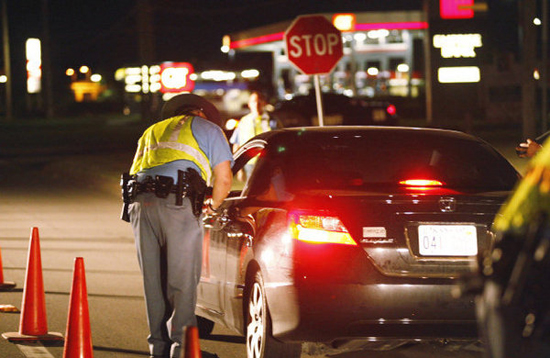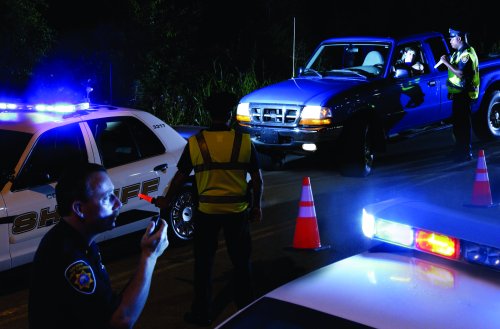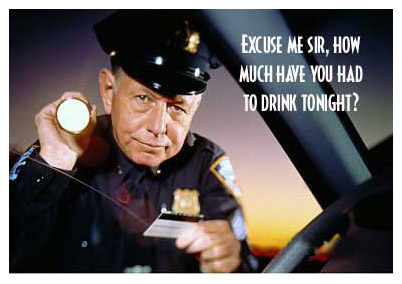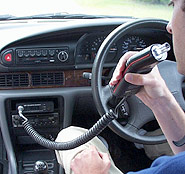 All Entries Tagged With: "drunk driving"
All Entries Tagged With: "drunk driving"
Should the Legal Blood Alcohol Limit Be Lowered?
The NTSB has recommended that the nationwide, the blood-alcohol legal limit should be lowered. As a hard-working truck owner, what is your take on this? Should it be changed?

The NTSB has recommended lowering the blood-alcohol limit. Should it be lowered?bloo
Should In-Car Alcohol Sensors Be Used To Prevent Drunk Driving?
Two years ago we ran a post about in-car alcohol detection systems, a technology that will enable a vehicle to detect when a driver is intoxicated.

New technologies could make DUI checkpoints a thing of the past
At that time, we asked the question Should in-car alcohol detection systems be mandatory?, and the response from our readers seemed to focus on three separate positions:
- Those who were strongly in favor of this type of automotive technology, arguing that safety is paramount.
- Those focused on the privacy issues surrounding alcohol detection systems, complaining that the idea was not only too intrusive into their personal lives but also in contravention of already-existing laws governing personal property and conduct.
- Those who believe the technology is too flawed for it to ever make its way to dealer showrooms.
While all of these points have their merits, the last point about technological limitations is really the most critical. Until a workable technology can be found, weighing the merits of a mandatory drunk-driving prevention system is academic. However, it seems that the technical challenges are closer than ever to being solved.
Should In-Car Alcohol Detection Systems Be Mandatory?

Of the 42,000 traffic-related deaths each year, approximately 18,000 are said to be caused by alcohol. Considering most of these deaths (if not all) could be prevented, it makes sense to consider mandatory alcohol detection systems in all cars.
 Studies have shown that current alcohol detection systems, known as interlock devices, do a great job of preventing drinking and driving. However, most consumers and manufacturers have resisted installing these systems in all cars. Vehicle manufacturers dislike interlock devices because of there bulk and expense. Consumers dislike them because they’re very intrusive. Many drivers (most of whom are responsible and sober) resent having to breath into an interlock device in order to start their car, and understandably so.
Studies have shown that current alcohol detection systems, known as interlock devices, do a great job of preventing drinking and driving. However, most consumers and manufacturers have resisted installing these systems in all cars. Vehicle manufacturers dislike interlock devices because of there bulk and expense. Consumers dislike them because they’re very intrusive. Many drivers (most of whom are responsible and sober) resent having to breath into an interlock device in order to start their car, and understandably so.
But what about a more passive system for detecting alcohol? No bulky breathing device, no expensive equipment. Just a simple set of completely passive sensors that keep people from drinking and driving. Technological advances in alcohol detection are making this idea a reality.

